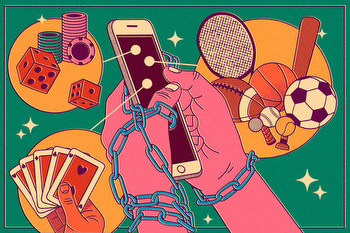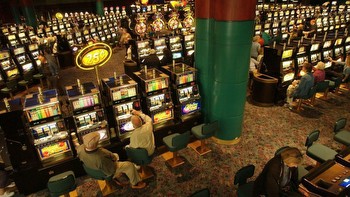Sports betting is exploding. This ex-gambler has a $15,000 cautionary tale

In 2013, the Diagnostic and Statistical Manual of Mental Disorders listed problem gambling as a substance-related and addictive disorder. Problem gamblers derive less excitement and joy from simple pleasures than others. They are more impulsive and less concerned about long-term consequences. The repeated behavior can change your brain. It can make your prefrontal cortex weaker. This can be beneficial or harmful. i.e. it can lead to a decrease in inhibitory behavior. in the prefrontal cortices.
According to the American Psychological Association, gambling is a disorder. It's a problem if someone needs to gamble with increasing amounts of money to achieve the desired excitement. The American Psychologist Association uses nine criteria to determine if a person has a gambling disorder, such as: Preoccupied with gambling, thinking about past gambling experiences, planning for future gambling and coming back to gambling when feeling distressed. About 65% of problem gamblers who commit to a self-help program or cognitive behavioral therapy successfully kick their gambling habits. For Grant, long-term studies are needed to find out how many people relapse and how quickly.
































